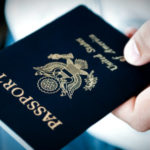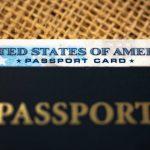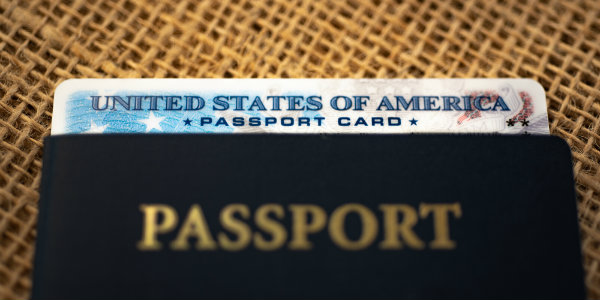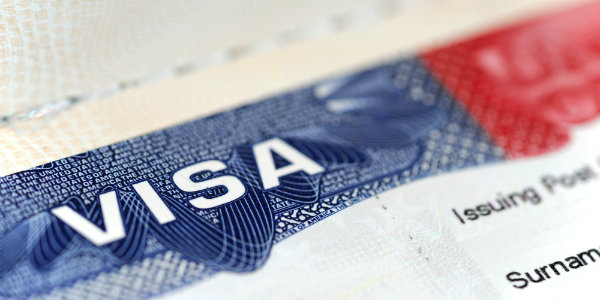Which ID Do You Need to Travel?
Written by: Michelle on April 15, 2019

Can you imagine waiting months for your dream vacation, only to arrive at the airport and find that you can’t get on the plane? If your travel clients don’t have the right travel ID, it could become a reality. We’ve outlined the rules and regulations of travel IDs, to help travel agents educate their clients and to make certain that scenarios like this don’t happen.
1. Passport Book
Passport books are what most people picture when you say “passport.” A passport book is the only document that is approved for international air travel. It is required for any travel to Europe, Asia, Australia, Africa, South America, and Antarctica. Every traveler, even infants, needs to have a passport for international travel. For adults, passports are valid for 10 years, and for minors, they are valid for five years. You can learn more about passport requirements and application details at travel.state.gov.
2. Passport Card
Passport cards are wallet-sized ID cards that are intended for communities close to one of the United States’ international borders. In these communities, they serve as convenient and portable IDs for those who have to cross these borders more frequently. This form of documentation can only be used for land and water travel in North America. Frequent cruisers consider applying for a passport card because it is less expensive and valid at most Caribbean ports of call. However, you should remind your cruising clients that in the event of an emergency, they will not be able to fly home with a passport card, they would need a passport book.
3. Real ID
Domestic travel does not require a passport, but beginning in October 2020, all travelers over 18 will be required to provide a Real ID to fly within the U.S. Most states are now issuing a Real ID-compliant driver’s licenses and state identification cards, but some states have still not fully converted to this practice. To find out if your state is compliant, check out the Department of Homeland Security’s helpful map.
Even if your state is compliant with the Real ID laws, your client may still have the previous driver’s license (not a Real ID) if they have not renewed their license recently. Start educating your clients now about the Real ID card and why they may need to renew their identification. To learn more about Real IDs visit dhs.gov.
4. Visas
A visa is a travel document that grants entry to or permits leave from a country. In most cases, visas give a date range the traveler can remain within the destination, such as 30 days, 90 days, etc. Visa rules and regulations vary from country to country. Many popular destinations have online applications for visas, but some still require physical forms. Be sure to do your research about the visa requirements of each destination your clients plan to visit. You can use CIBT’s Visa Quick Check as a starting point.
Currently, most European countries do not require Americans to have a visa to enter. However, in 2021 that is expected to change. Though not technically called a “visa,” U.S. citizens will undergo a pre-screening and registration process called the European Travel Information and Authorization System (ETIAS). This will require applicants to have a passport, email account, and a debit or credit card to pay the 7-euro application fee. The application will be online and will return results within minutes. When approved, travelers will be granted multiple entries to European countries for a 3-year period staying for up to 90 days at a time.
5. What ID is needed if I will be traveling with a minor, but I am not their parent or guardian?
Maybe your clients are grandparents taking their grandchildren to Disney World, or your client is taking her daughter and her daughter’s best friend to see the Grand Canyon. In these cases, recommend that your client travel with a letter signed by the minor’s parent or guardian that gives permission for the trip. This letter should be notarized to prove its authenticity at any security or customs checkpoint.
How can you stay up to date?
Rules and regulations on these IDs and policies can change. Remember to keep up with these changes so that you and your clients can travel smoothly. For the most recent updates and application information, please visit travel.state.gov.
Remember: getting into the habit of asking your clients about their travel IDs can help you avoid any future issues, especially if your clients are booking their trip far in advance of travel. Make sure they always have the appropriate documentation and that it has not expired.
Would you like to learn more about the travel industry and help others see the world? KHM Travel Group is a leading host agency that can help you launch and grow your own travel business. To find out more, fill out the form on the right or give us a call at 1-888-611-1220.








